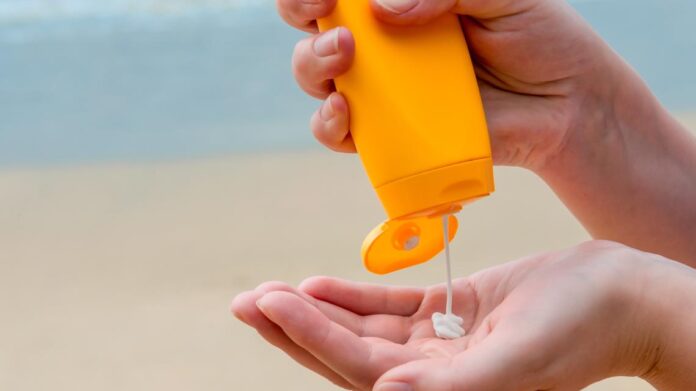WCNC Charlotte’s VERIFY team breaks down the Environmental Working Group’s latest findings.
CHARLOTTE, N.C. — With mild temperatures forecast for the holiday weekend, many people are expected to spend time outdoors, and some may even look to get a head start on their summer tan. But before heading outside, experts say it’s important to consider the kind of sunscreen you’re using.
Since 2007, the Environmental Working Group (EWG), a nonprofit research and advocacy organization, has released an annual sunscreen guide. This year, the group evaluated 2,204 sun protection factor (SPF) products and found that 498 met their safety standards.
So what makes for the safest and most effective sunscreen?
OUR SOURCES:
WHAT WE FOUND:
There are two main types of sunscreen available on the market: mineral and chemical. The American Academy of Dermatology (AAD) confirms that if your sunscreen’s active ingredients include titanium dioxide or zinc oxide, it qualifies as a mineral sunscreen. According to the EWG, these are considered the safest options. These products are especially recommended for children and individuals with sensitive skin.
“There are some skin conditions, especially if patients are dealing with problems with pigment, that I do prefer more of the mineral blockers,” said Dr. Alyssa Daniel.
Chemical sunscreens, which often contain multiple active ingredients and are easier to rub into the skin, remain a popular choice. However, there is ongoing debate about their long-term health effects. Experts agree that more research is needed to fully understand the impact of these ingredients.
As for SPF ratings, higher isn’t always better. According to the AAD, a sunscreen with SPF 30 blocks approximately 97% of the sun’s UVB rays. But the CDC stresses that reapplication is essential. Sunscreen should be reapplied every two hours — or more often if swimming or sweating — to maintain its effectiveness.
You can find the right sunscreen to fit your needs with EWG’s 2025 guide.
Contact Meghan Bragg at mbragg@wcnc.com and follow her on Facebook, X and Instagram.
